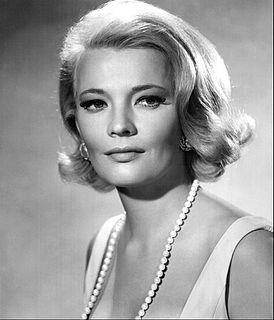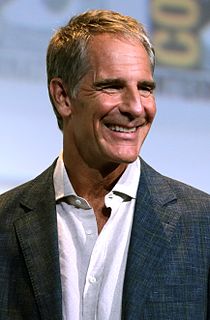A Quote by Antonin Artaud
Like all magic cultures expressed by appropriate hieroglyphs, the true theater has its shadows too, and, of all languages and all arts, the theater is the only one left whose shadows have shattered their limitations.
Related Quotes
I majored in drama and theater arts at Columbia and was always in acting studio, but that was a liberal arts degree, not a bachelor of arts degree, so I didn't have a traditional conservatory training. There was a lot of reading and a lot of writing involved, and only about 30 percent of my classes were directly theater-related.
You can't make theater happen without actors. The actor is the central ingredient in making theater happen. Audiences may come to theaters to see the work of stage managers, directors and producers, but the only people who can communicate theater magic to audiences, through ideas and emotions, are the actors. They are the only ones who can communicate this by themselves, and if necessary, they can get along without you. But you can't make theater without the actor.
What the art historians had forgotten is that in Chinese, Japanese, Persian, and Indian art, they never painted shadows. Why did they paint shadows in European art? Shadows are because of optics. Optics need shadows and strong light. Strong light makes the deepest shadows. It took me a few years to realize fully that the art historians didn't grasp that. There are a lot of interesting new things, ideas, pictures.
John [Cassavetes] had shot a great deal of Shadows and I had to go fulfill my contract in California, so he and all the rest of the Shadows cast came out to California and they finished it off and he cut it. He turned the garage into an editing room and he was by then a director of Shadows. That's the only thing he'd directed. But, he loved it.
It's not as though there aren't many, many art works and many other cultures, but there was something special about the civic nature of the Greek theater. All the citizens stopped working. They came into these theaters. It wasn't like a Broadway theater where you sit in the dark and you expect to be passively entertained. You're in this theater, amphitheater, in bright sunlight looking at your fellow citizens, recognizing their faces, and thinking with them about the future of your city. I think very few cultures have had a theatrical tradition that is quite so civic.



































